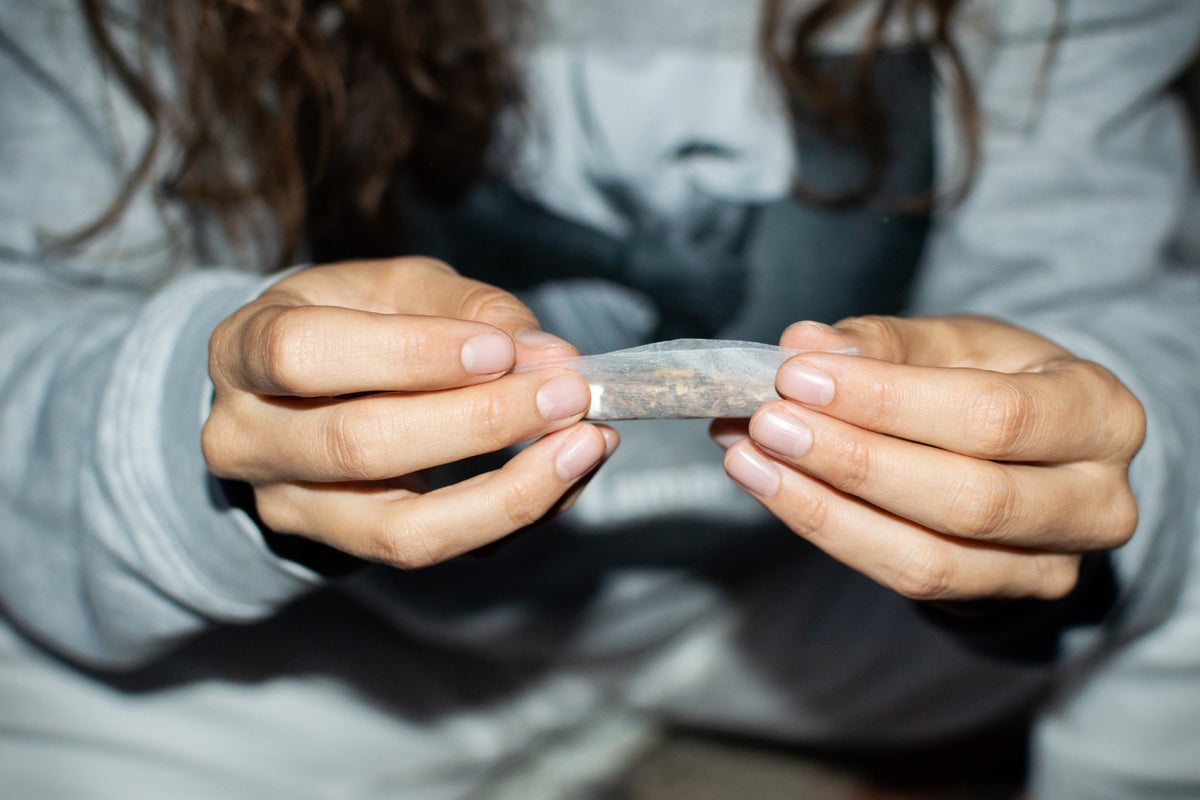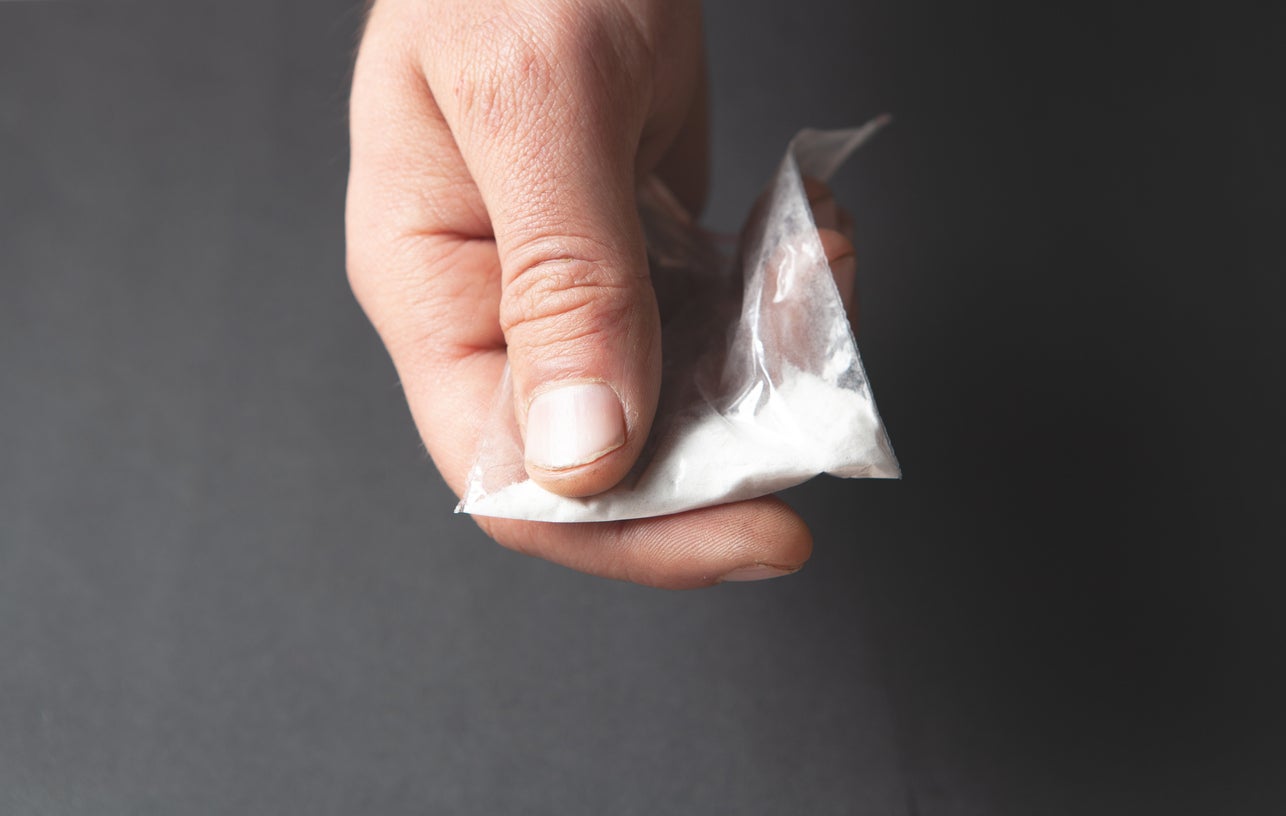
Teachers are aware of pupils using drugs such as cocaine, ketamine and spice, including on school premises, a new survey has found.
Alcohol, nicotine pouches and nitrous oxide are also all being consumed within schools by pupils, according to the survey of 4,000 teachers – with access to gambling apps and websites also a problem in some schools.
This use of drugs, alcohol and gambling apps is contributing to a rise in disruptive, violent and abusive behaviour in schools, warned the NASUWT teachers’ union, which carried out the survey – while urging greater government action to help tackle the issue.
Nearly one in five teachers are aware of pupils smoking cannabis on school grounds, the survey found, rising to 57 per cent outside of school.
Close to one in 10 teachers – mostly working in schools, post-16 and further education settings – were concerned about pupils smoking the synthetic cannabinoid spice while on the premises, rising to 24 per cent outside of school.
And the survey found 5 per cent were aware of pupils using “other drugs” – most commonly cocaine and ketamine – on school grounds, with 16 per cent of teachers expressing concerns about their students doing so outside of school.
Twenty-four per cent were concerned about their students using gambling apps, including 6 per cent while at school.
“Not only are many of these activities illegal or prohibited for young people aged under 18, they are contributing to the rise we are seeing in disruptive, violent and abusive behaviour in schools,” said Matt Wrack, acting chief of the NASUWT.

“NASUWT teachers tell us that along with increased tiredness and lack of focus and interest in learning, they are causing irritability, mood swings and erratic behaviour among the pupils they teach.
“This is clearly not an issue that schools can solve alone, we need greater action from government and other expert services to help deter young people from using or accessing illegal or prohibited substances or activities and causing harm to themselves or others.”
The union is calling for partnership approaches to be established, involving schools, health, police, youth justice services and other stakeholders, to help tackle the use of harmful substances and activities by young people.
It is also urging ministers to commit to ensuring every school across England has access to a school-based counsellor, while conducting further research into how children are being introduced and drawn to online gambling.
And with 71 per cent of teachers expressing concern about children excessively consuming energy drinks, the union is also calling for the government to implement its plans to ban the sale of drinks containing more than 150mg of caffeine per litre to under-16s.
The union also found that more than half of teachers observed an increase in vaping among pupils over the past year, amid concerns that a ban on disposable vapes that came into force this month could push more young people to use unregulated and potentially dangerous products.
Research at the University of Bath last year also found that children may be unwittingly smoking vapes spiked with spice, with 16.6 per cent of nearly 600 vapes confiscated in 38 schools across England being found to contain the synthetic drug.
Elon Musk posts urine drug test results showing he tested ‘negative’
Ketamine-addicted teacher sent sexualised messages to pupil while in ‘K hole’
Primary school pupils using screens for tests is ‘normalising’ use, Tories claim
Parents say children are asking to miss school over ‘horror movie’ toilets
Teacher banned from classroom after starting online petition to remove headteacher







